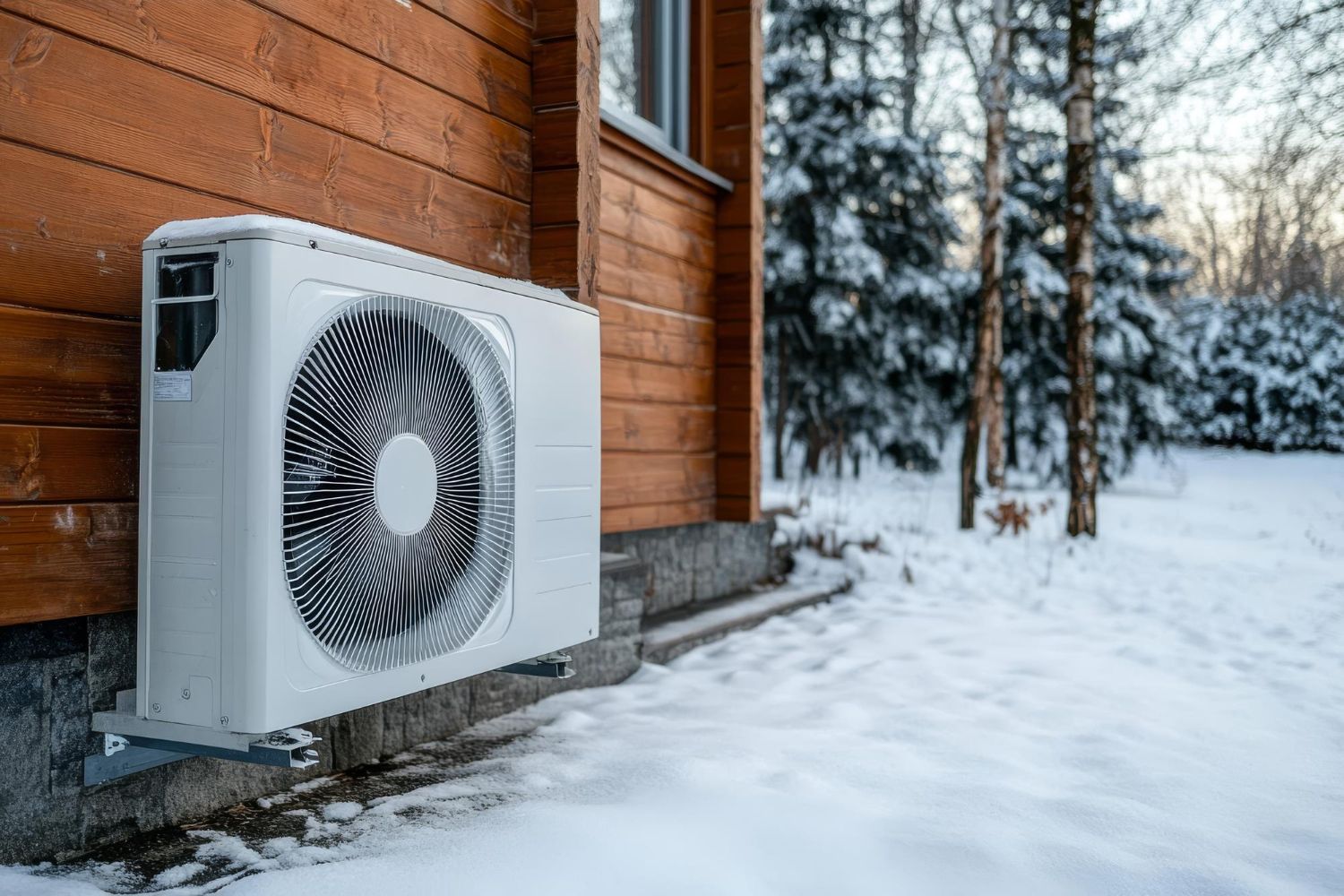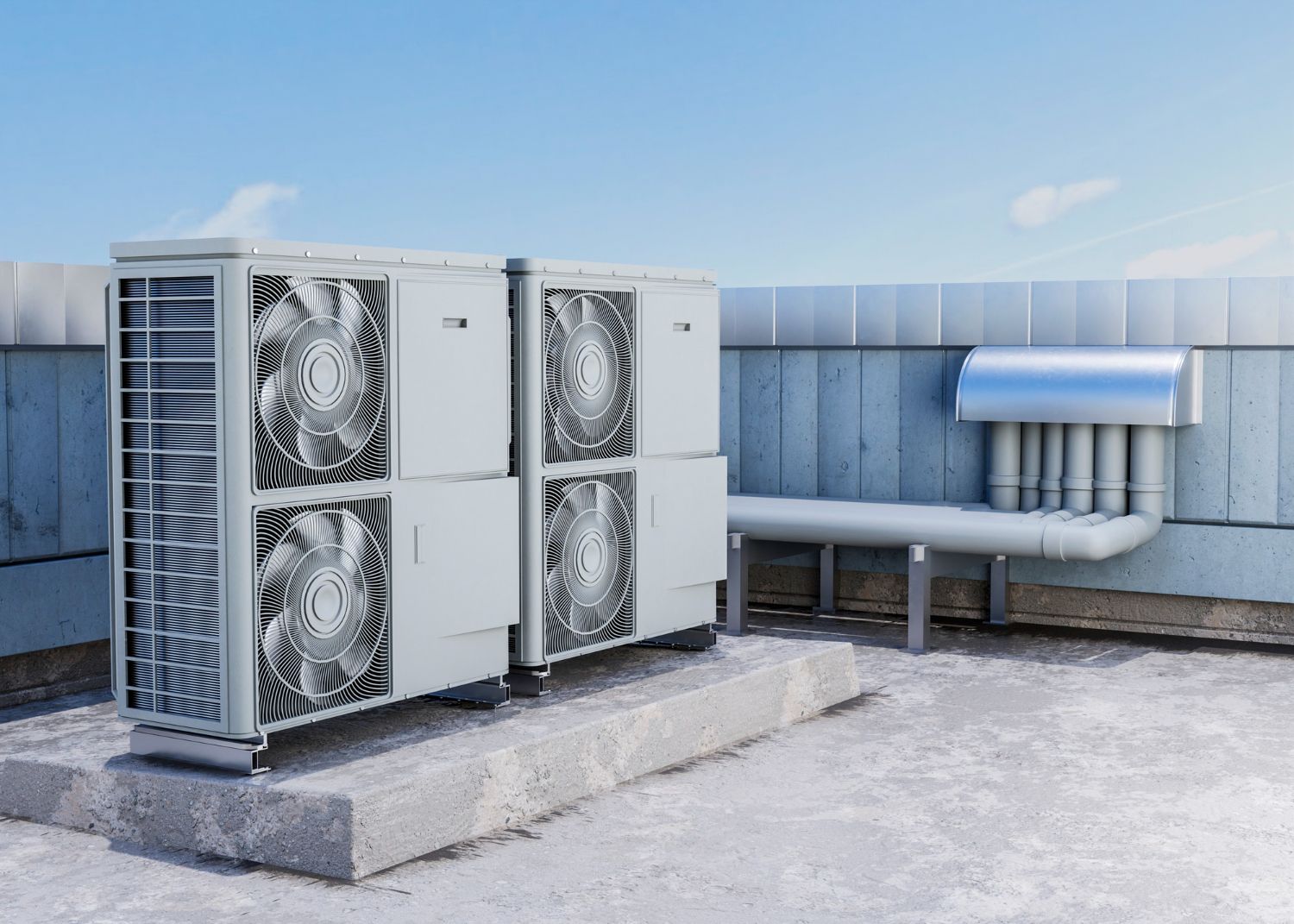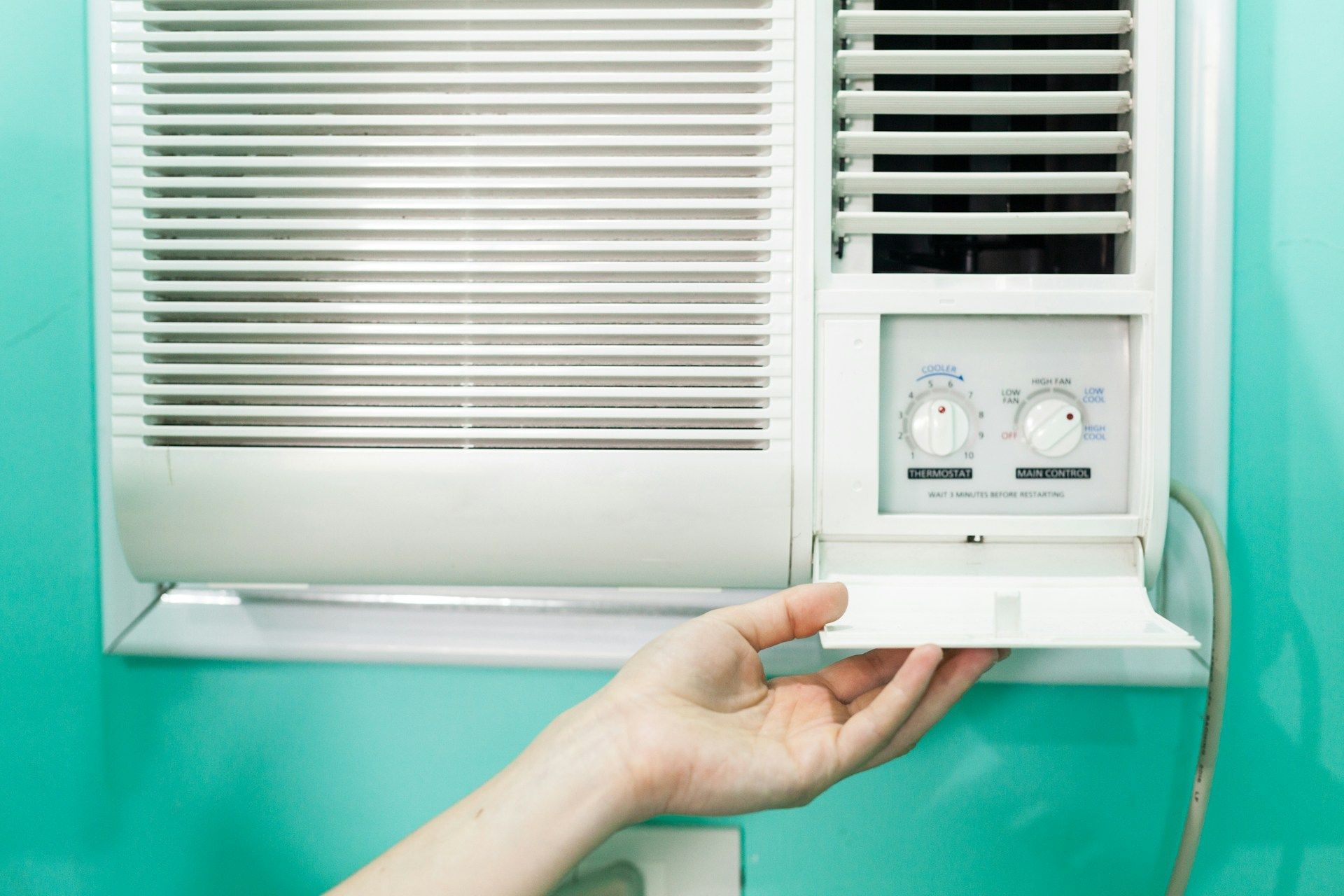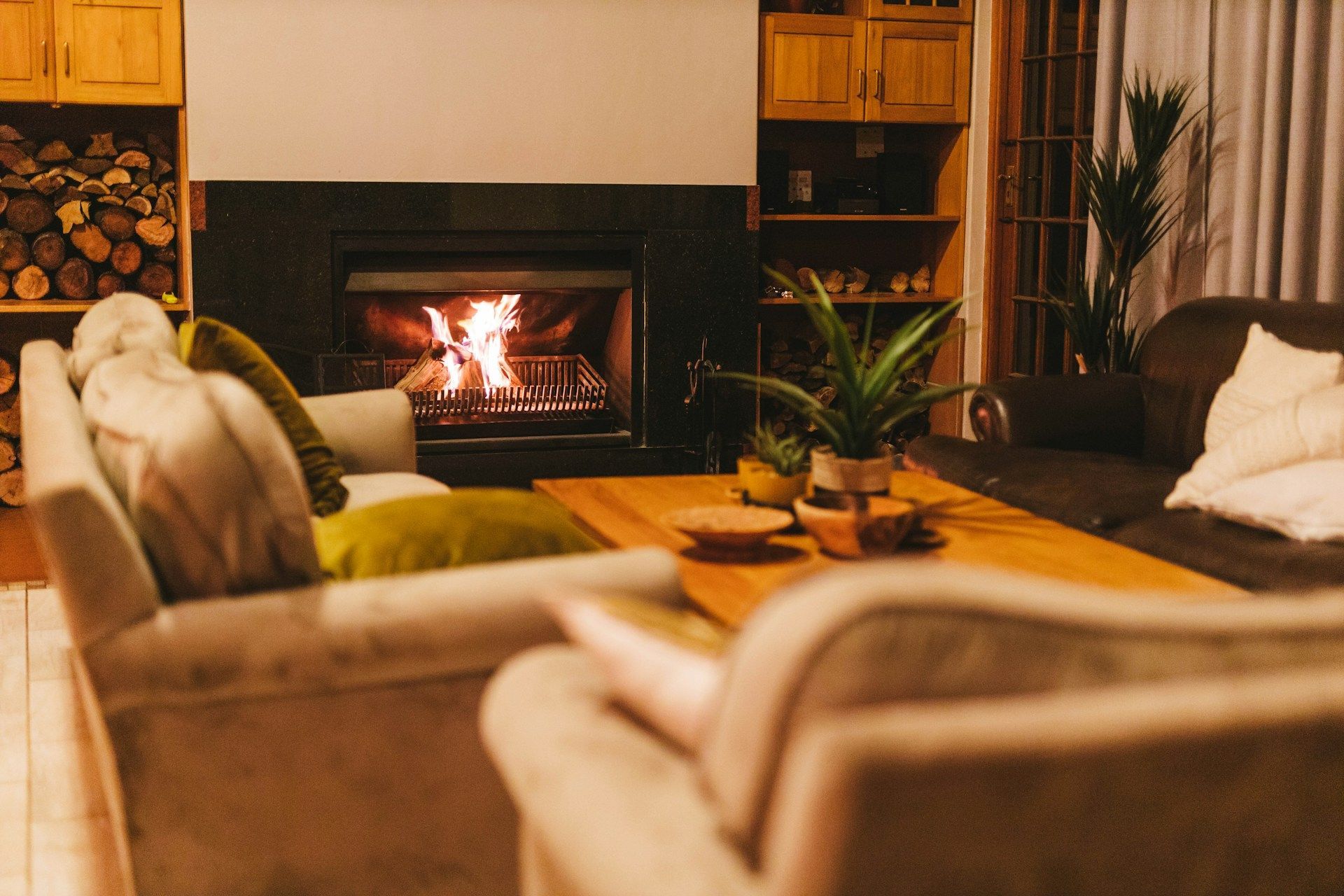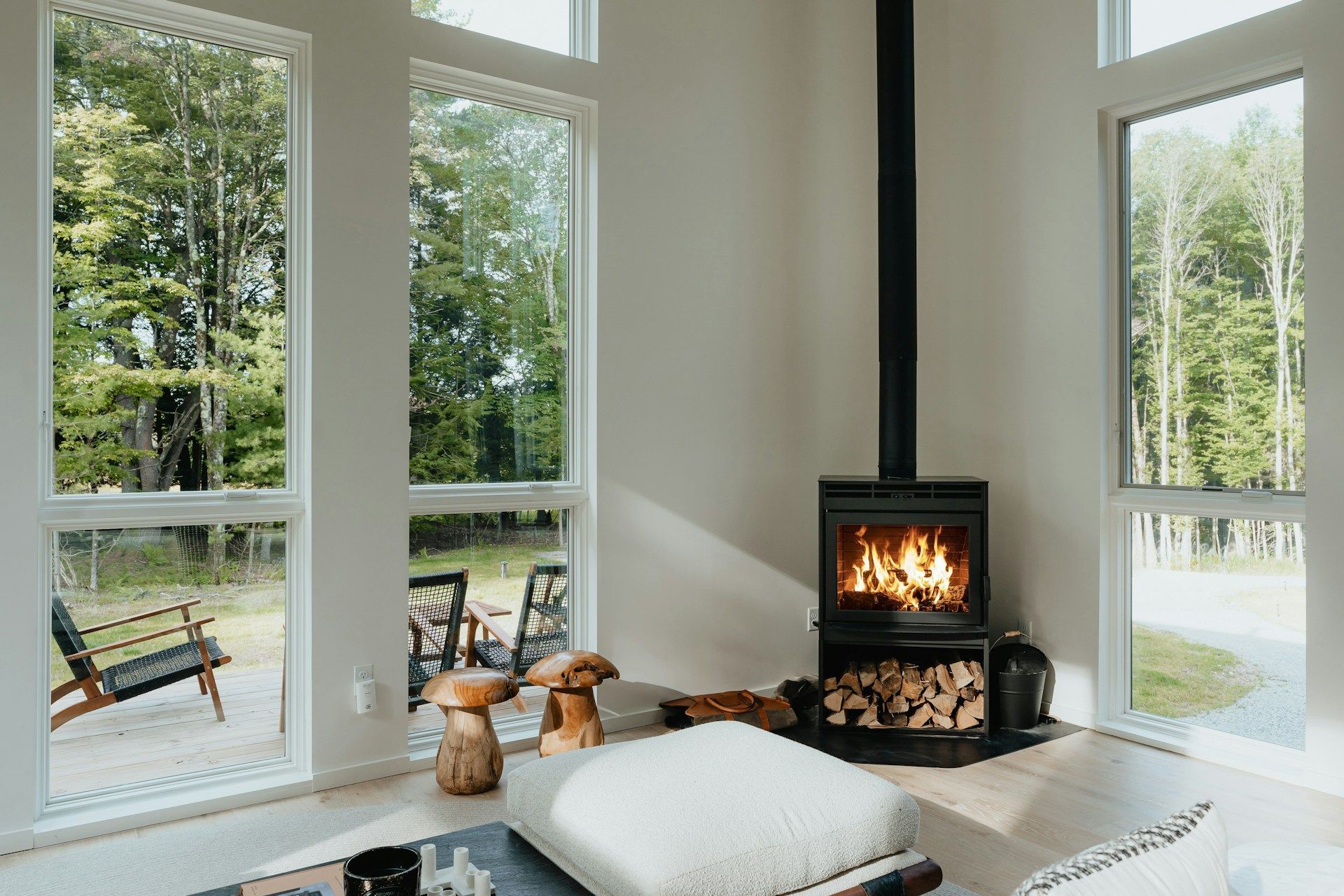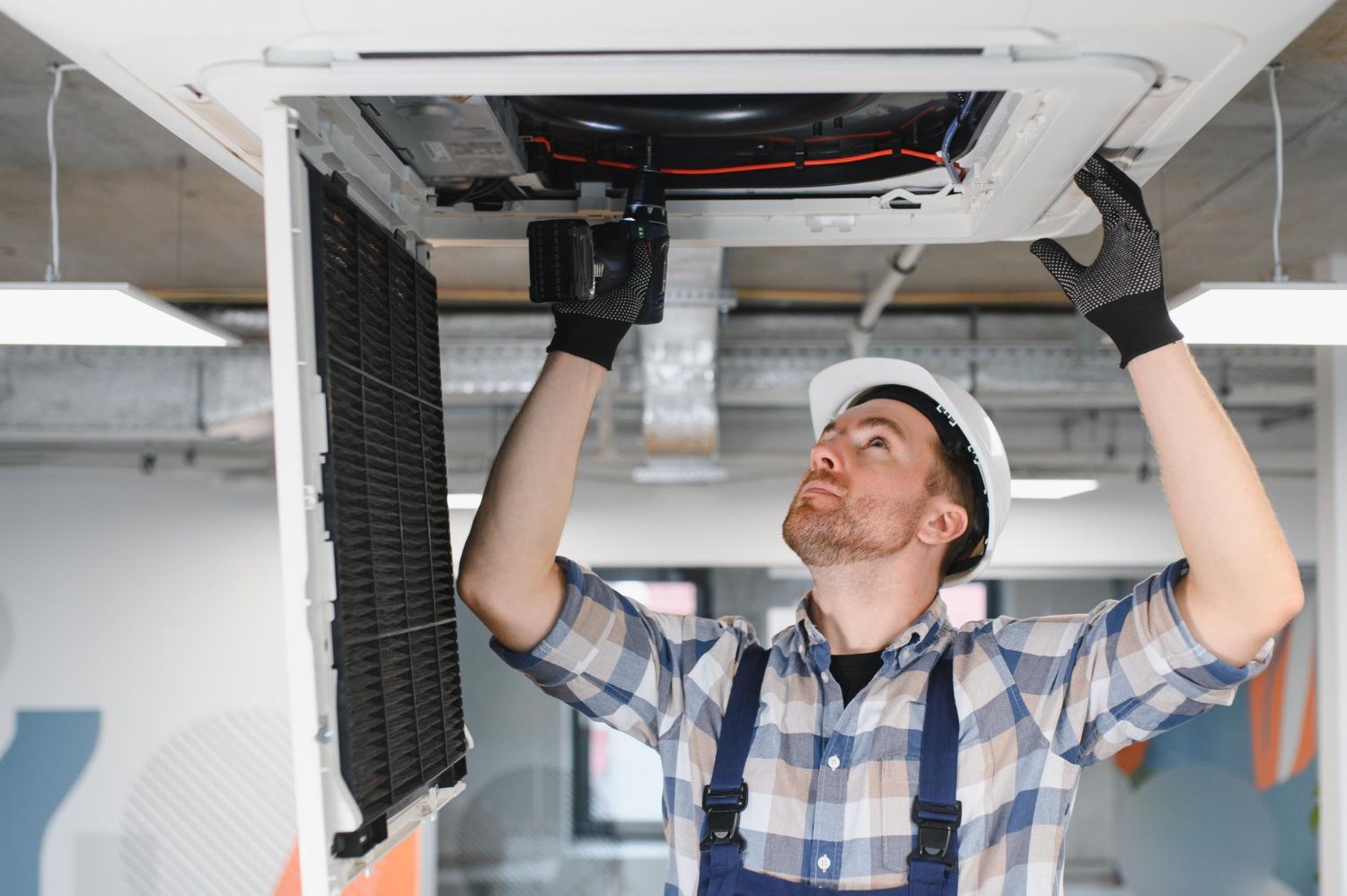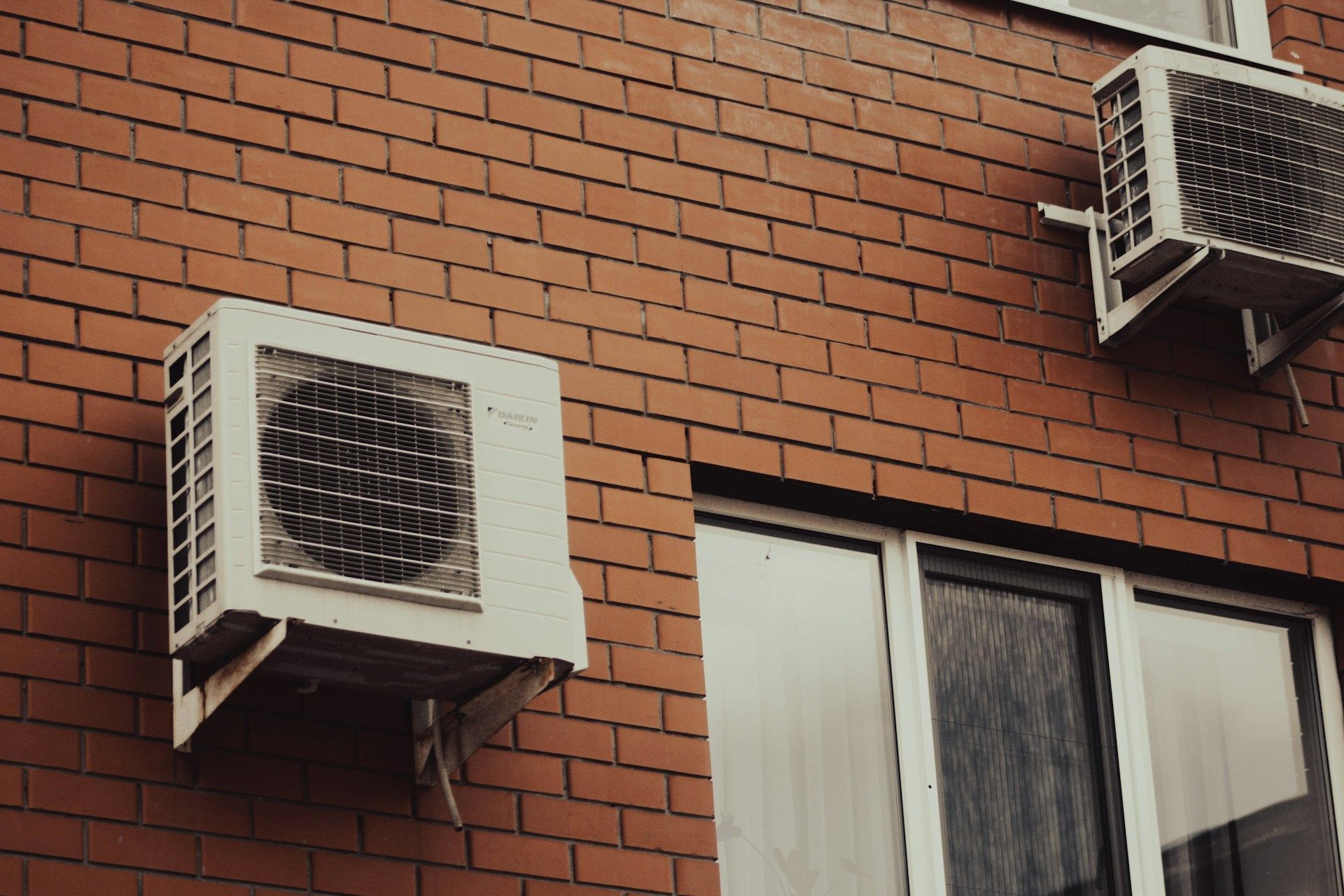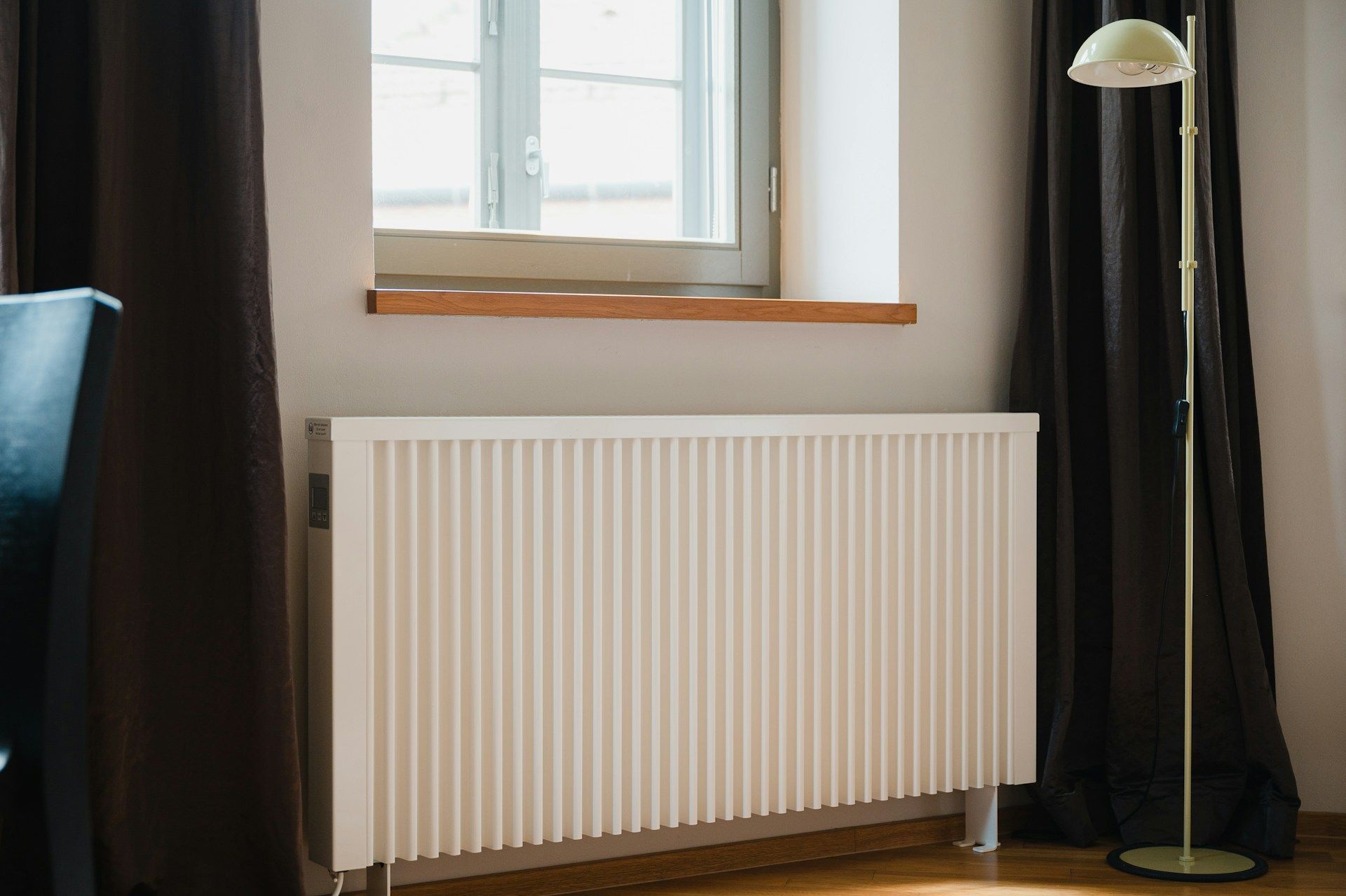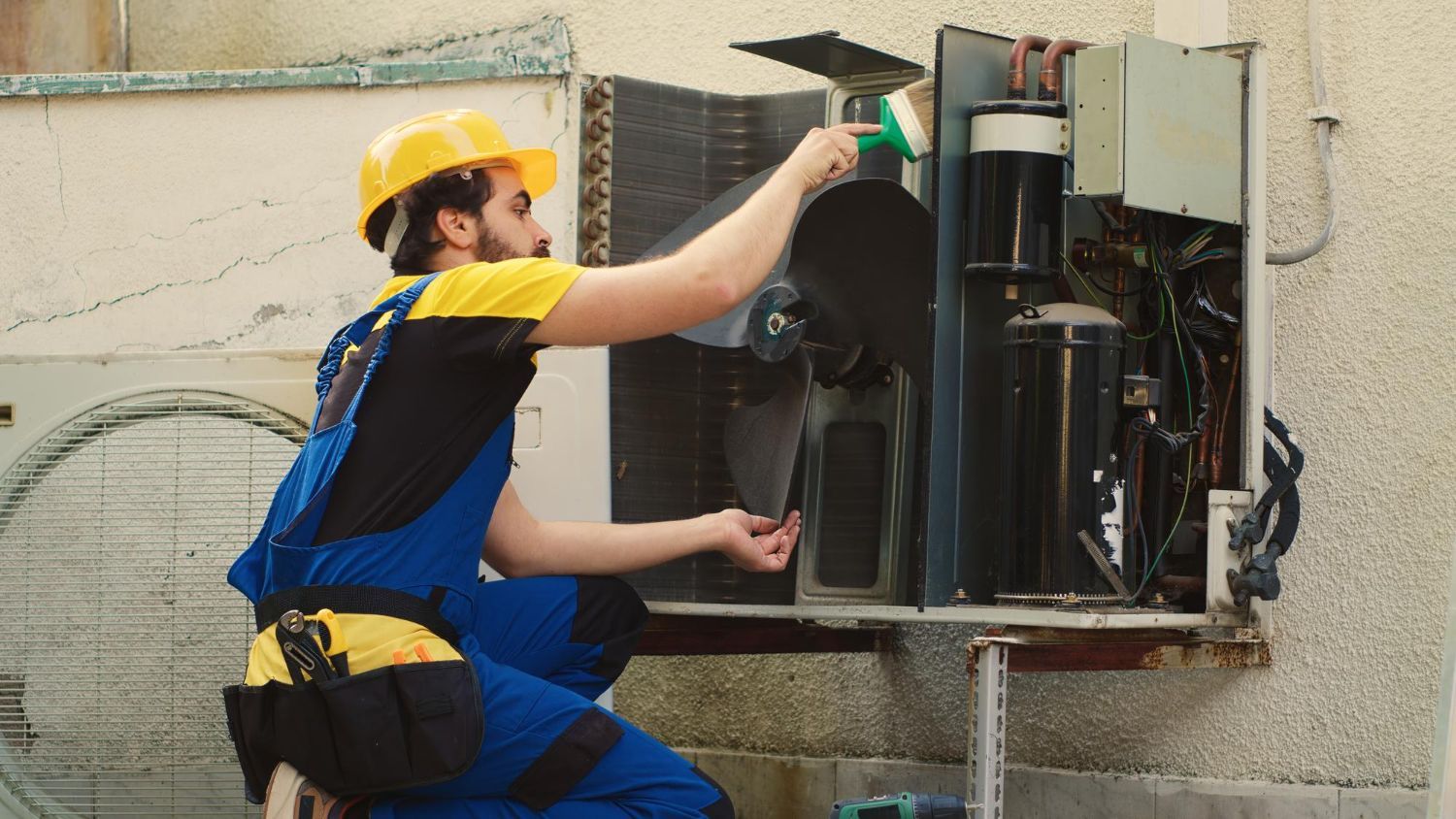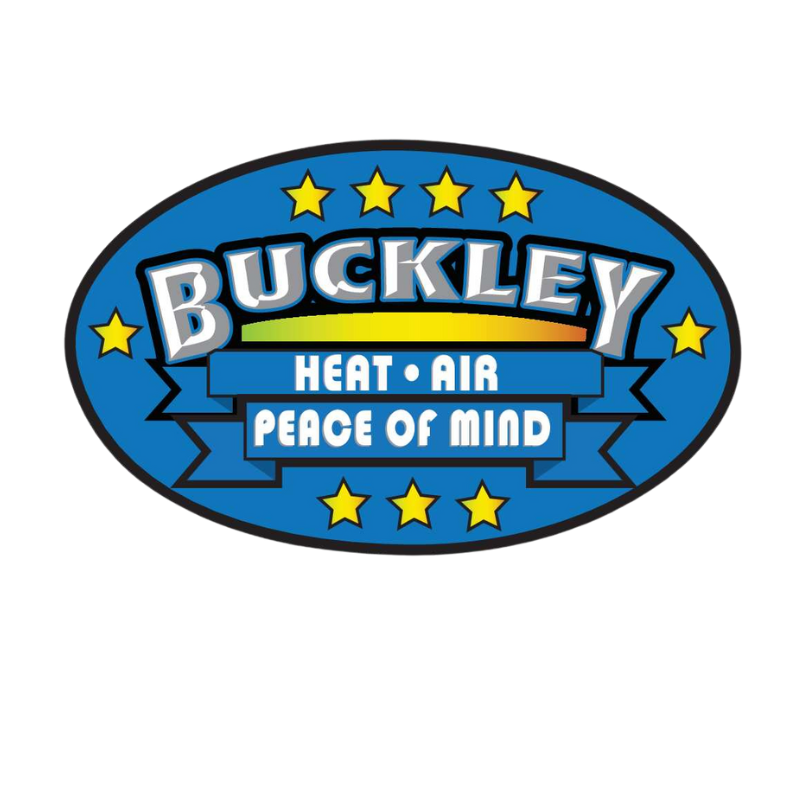The comfort of a home goes beyond just temperature control. An often-overlooked aspect is the air we breathe indoors, which plays a huge role in our overall well-being. If you’ve been feeling a little off or sneezing more often, it might not be a coincidence. Those small signs could point to poor indoor air quality. One key way to tackle it is through proper air conditioner repair.
Your AC system doesn’t just cool the house. It also plays a big role in how clean your indoor air stays. When parts of the system start to fail, your home's air quality can suffer without you even realizing it. Understanding this connection helps create a healthier, more comfortable space for everyone inside.
Understanding Indoor Air Quality
Indoor air quality refers to how clean or polluted the air inside a structure is. When air is fresh, dry, and filters out pollutants, it's considered high quality. But when the air contains too much dust, moisture, or allergens, it can trigger a range of health symptoms, from allergies to fatigue.
Your AC system helps control indoor air quality in a few ways. It filters out common problems like dust and pollen, regulates humidity, and stops the growth of mold. A well-maintained AC will trap particles before they spread around the house. It also helps reduce moisture in the air, which is where bacteria and mold love to grow. But the opposite happens if the AC isn't running like it should.
Common Air Conditioner Problems Affecting Air Quality
A struggling or neglected AC system can allow pollutants to gather and spread. Some issues build up gradually while others show up out of nowhere. Either way, they can cause indoor air to get stale or even harmful to breathe.
Here are a few of the most common problems:
- Dirty or clogged filters that stop airflow and let dirty air recirculate
- Refrigerant leaks that may release hazardous chemicals into indoor spaces
- Mold growth in coils or ducts, which send spores through the house
- Leaky ducts pulling in contaminated air from other areas like attics or basements
Even one of these issues can make your indoor air feel stuffy and affect your comfort. When more than one piles up, it gets harder to keep your home’s air clean, no matter how much you dust or vacuum.
Benefits Of Professional Air Conditioner Repair
When a trained technician inspects and repairs your AC system, they do more than keep it running. They improve the quality of the air flowing through it. Professionals can catch things like mold or buildup deep inside the unit that most homeowners wouldn’t spot. Depending on the issue, a skilled repair may filter better air, improve airflow, and make the entire system more effective.
Improved airflow is one of the biggest benefits. A struggling unit can cause pollen, dust, and moisture to accumulate—things you don’t want circulating through your house. A clean, smoothly running system means fresher air in all the rooms.
Repairs also prevent wear and tear on other pieces of the system. A blower motor that's working correctly won’t let air stagnate. A clean coil isn’t going to harbor mold. And a functioning drainage line helps keep things dry: a simple but important way to reduce air-quality issues.
Maintenance is part of the package too. Systems left unchecked are more likely to break down, clog up, or develop unseen leaks. Routine inspections can prevent big issues from taking root. Think of it like keeping your home’s air system in shape before it causes health or comfort problems.
Expert Tips For Keeping Your Home’s Air Clean
While professional repair is a smart move, there are steps you can take between service visits to help maintain good indoor air.
Here are a few simple but effective habits:
1. Replace your AC filter every one to three months, depending on usage and air quality in your area.
2. Schedule yearly maintenance checks to catch small issues before they grow.
3. Keep vents and return areas clean and clear of furniture or buildup.
4. Watch for unusual smells or allergy symptoms—they're usually signs something’s off.
5. Avoid shutting too many vents. It causes air pressure problems in the system.
6. Keep moisture levels under control. Damp environments allow mold to thrive.
We once helped a homeowner in Citrus Heights who thought her itchy throat and stuffy nose were seasonal allergies. Turned out, the AC had a clogged filter and mild mold in the ducts. After a quick repair and a system clean, her symptoms cleared up—and so did the strange smell in her living room.
Breathe Easier With A Cleaner System
Every bit of air in your home passes through the AC system. That’s why small repair issues can build up and affect your breathing more than you’d expect. A dirty coil, blocked drain, or old filter might seem minor, but they quietly add up over time.
Fixing these issues soon after they pop up leads to better airflow, cleaner air, and a more comfortable home. It also helps your HVAC system run more efficiently. Cleaner air isn’t just about feeling better—it’s about creating a space that helps you and your family stay healthy.
If your house feels humid, smells a little off, or people inside are constantly sneezing, those aren’t signs to ignore. By staying on top of repairs and calling in help when needed, you’re doing more than cooling the room—you’re making it easier for everyone in the home to breathe comfortably.
If you're noticing more dust, stale air, or allergy flare-ups at home, it might be time to schedule professional help. Buckley Heat Air can improve the comfort and safety of your space with reliable
air conditioner repair so your system runs cleaner and your indoor air stays healthier year-round.

